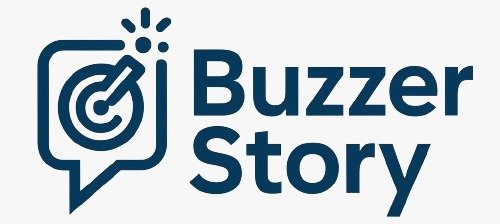
India’s Artificial Intelligence Safety Institute (AISI) is set to be run and managed virtually, with a collaboration of industry and academia across the country interacting without a brick-and-mortar secretariat, officials said
| Photo Credit: Reuters
India’s Artificial Intelligence Safety Institute (AISI) is set to be run and managed virtually, with a collaboration of industry and academia across the country interacting without a brick-and-mortar secretariat, officials told The Hindu. AISIs first started being created after the AI Safety Summit in Bletchley Park in the U.K. in 2023, which saw the participation of 23 countries including India. India’s AISI has not been formally inaugurated. However, work has already begun, led by the Ministry of Electronics and Information Technology, which will “seed” the founding of the body, Additional Secretary for Electronics and Information Technology Abhishek Singh told The Hindu.
The Indian AISI takes on additional significance as a hitherto major contributor to the global discourse on AI safety — an expanding subject dealing with issues such as deepfakes and the problems with AI-generated misinformation — backs out of the global conversation: the United States will not send representatives from its AISI to the AI Action Summit in Paris, as newly inaugurated president Donald Trump pursues a broad agenda of deregulation.
India is not a member of an international network of AISIs that was formed in mid-2024. At a roundtable discussion held by the New Delhi and Bengaluru based Ikigai Law last November, attendees stressed that becoming a part of “the international network of AISIs was essential for sharing standards, exchanging knowledge, and contributing to global AI governance.” India will be co-chairing the Paris summit, and Prime Minister Narendra Modi will reach France on February 10 to unveil a France-India roadmap on AI.
Rahil Chatterjee, a senior associate at Ikigai, told The Hindu that the “hub and spoke” model of having multiple academic and industry participants engage on a common platform “aligns with established practices we have seen work successfully, such as under the National Quantum Mission or the Partnerships for Accelerated Innovation and Research (PAIR) initiative under the Department of Science and Technology.” He added that the AISI’s role should be “carefully defined,” and that its focus “must be on streamlining the ecosystem rather than creating overlapping mandates, ensuring the model complements existing institutional frameworks rather than duplicating them.”
Indian Institutes of Technology in Jodhpur, Raipur, Roorkee and Delhi are working on individual AI safety projects, such as “machine unlearning, synthetic data generation, AI bias mitigation strategy,” and certification and auditing frameworks, Information and Technology Minister Ashwini Vaishnaw said last week, referring to projects that were announced under the aegis of the IT Ministry’s IndiaAI Mission last December.
“They all will join the AISI, subscribe to its chatter, and will be associated with developing tools and frameworks to ensure responsible and ethical AI,” Mr. Singh of the IT Ministry said. “It will be a virtual construct.” Different countries follow approaches like creating dedicated institutions or designating existing institutes as AISIs, Mr. Singh said, “but ultimately they all take up projects across institutions.”
“It was not intended as a separate standalone brick-and-mortar institution,” S. Krishnan, the Union Information and Technology Secretary told The Hindu. “The intent is to associate with all the people who are interested in this area and can contribute. As India, we can make a contribution given our experience in rolling out technology as part of our DPIs, and making sure that safeguards are built into the technology.”
On priorities ahead for the AI Action Summit in Paris, Mr. Krishnan said that the focus would be on “what it is that we can learn, and what it is that we can contribute and offer.”
Published – February 07, 2025 04:56 pm IST




